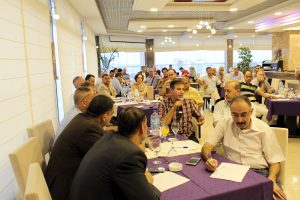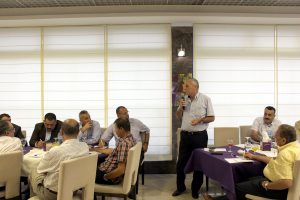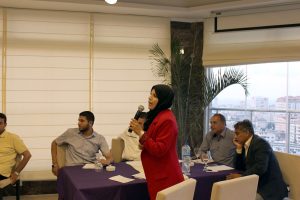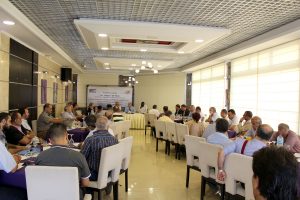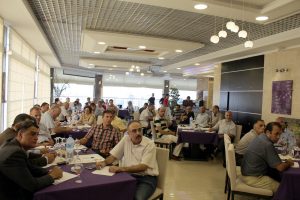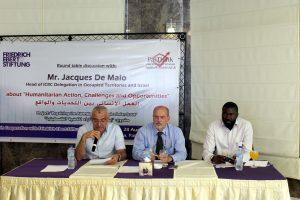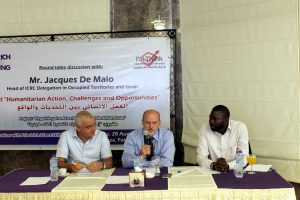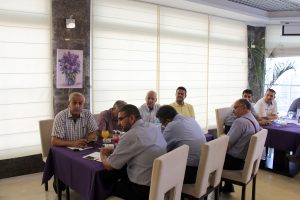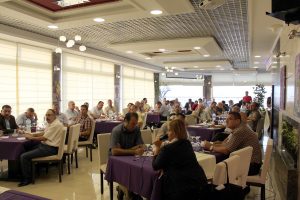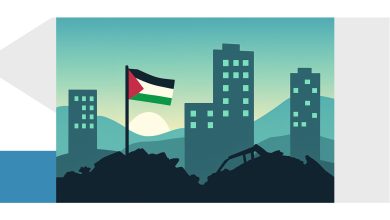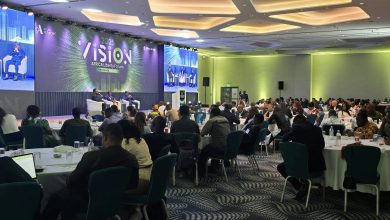Round table discussion with Mr. Jacques de Maio, Head of ICRC delegation in Israel and the Occupied Territories
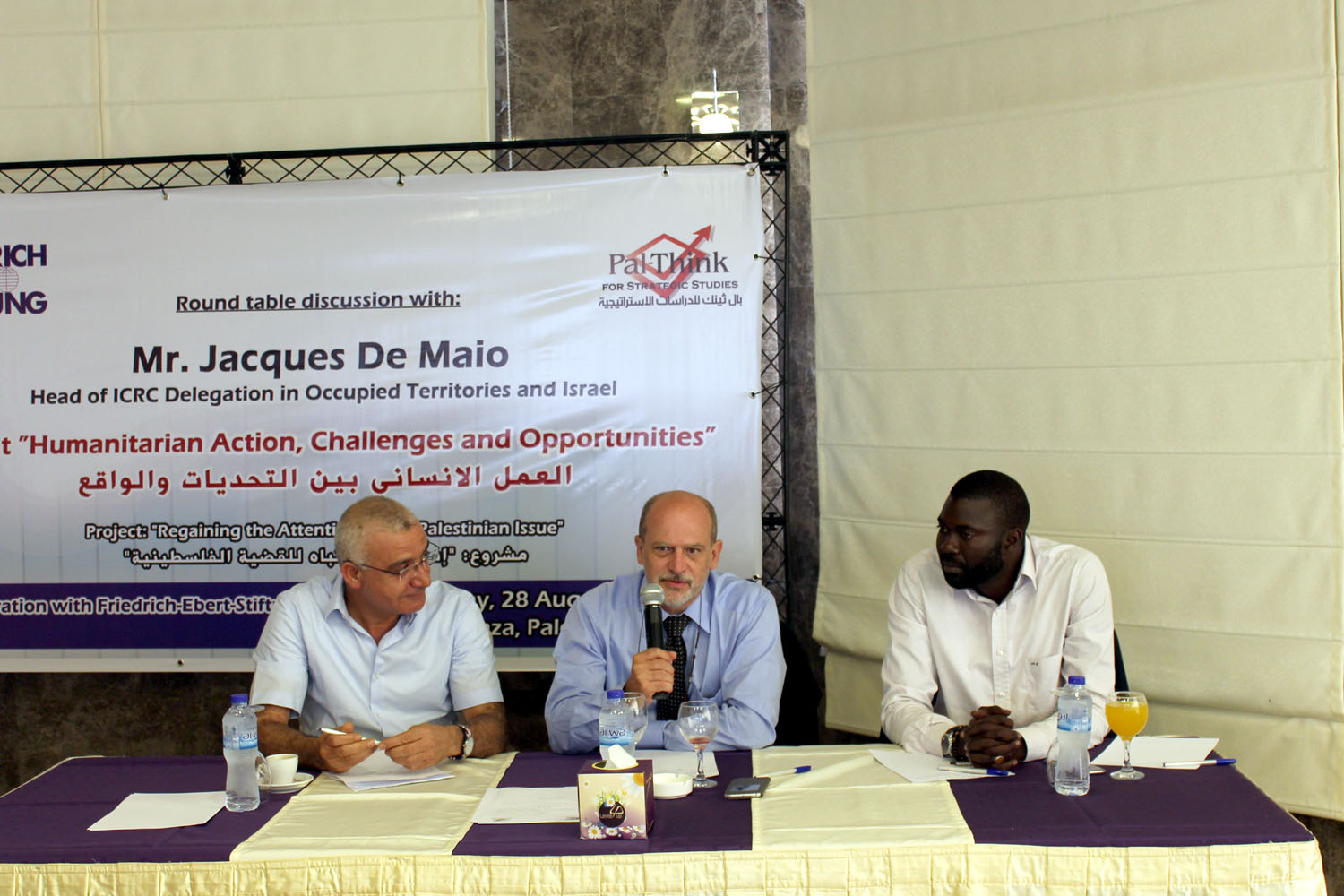
Pal-Think for Strategic Studies continues its work as an independent Palestinian institution founded in March 2007 to promote dialogue, subjective and rational debate, and interest in the Palestinian cause and regional issues.
In the past, Pal-Think hosted respected guests who have influence on the Palestinian cause, including Mr. Pierre Krähenbühl UNRWA Commissioner-General,Mr. Reza Idris, deputy head of the Tenth Congress of Ennahda in Tunis and other figures from Iran, Turkey and the United States in order to deepen the knowledge about the international issues which have an impact on the Palestinian situation.
In cooperation with the German foundation Friedrich Ebert, a frank and open discussion was held with Mr. Jacques de Maio, head of ICRC delegation in Israel and the Occupied Territories on Sunday, August 28, 2016, a debate which tackled humanitarian action, challenges and opportunities. 60 intellectuals representing different sectors of the political parties, media, university professors and many representatives of the civil society Attended the seminar, which took place without media coverage.
In his introductory speech, Mr. Omar Shaban, director of Pal-Think , noted that the International Committee of the Red Cross is one of the most respected organizations in the world and in Palestine. The organization started its work in Palestine in 1948 since the beginning of the Arab-Israeli conflict. The ICRC has stood by the Palestinians during their struggle over the past decades, where almost the Red Cross reached every Palestinian house either through the visits to detainees, or evacuation during the war, or to reunite some families, or to provide assistance for those whose homes were destroyed.
Mr. Shaaban also said that humanitarian work in conflict zones is not easy at all. In many occasions the assistance to victims contradicts with the interest of the conflicting parties that sometimes resort to take people as hostages or bargaining cards. In the absence of national regimes and engaging in conflicts, the importance of humanitarian organizations arises as a last resort for the people and the victims, raising the expectations and hopes of them. He asked Mr. De Maio “How to spare innocent people to be the fuel for the battle?
Mr. De Maio began his speech by thanking Pal Think for giving him the opportunity to speak to this group of the civil society in Gaza. The principles of neutrality and independence were among the issues discussed, as core compasses that guide the institution’s work. The ICRC is independent because its actions are not dictated by donors or political pressure groups, but determined by the institution, based on the needs of victims of armed conflict and available resources.
Neutrality means to keep the same distance between the conflicting parties, without adapting any one’s position or looking at anyone with bad eyes. Using his decades long experience in countries such as Afghanistan, Soudan, Pakistan, he demonstrated how strict adherence to these principles reinforces acceptance, enhances access, and eventually save lives.
Then he talked about the work of the ICRC in the Gaza Strip, especially during and after the 2014 war. One of the challenges he shared with the audience was the confidential approach of his organization when dealing with sensitive and crucial issues related to violation of the International Humanitarian Law. He added that confidentiality was not a weakness but a strength of the ICRC. . He ended his speech with talking about the challenges facing his organization’s work in Palestine and Israel to confront politicization in dealing with humanitarian issues. Mr. De Maio answered the questions of the audience concerning administrative detention, detainees, hunger strike, and the promotion of international humanitarian law among the Israeli circles.
The meeting was characterized by extreme frankness. Mr. Omar Shaban thanked his guest on this dialogue.

